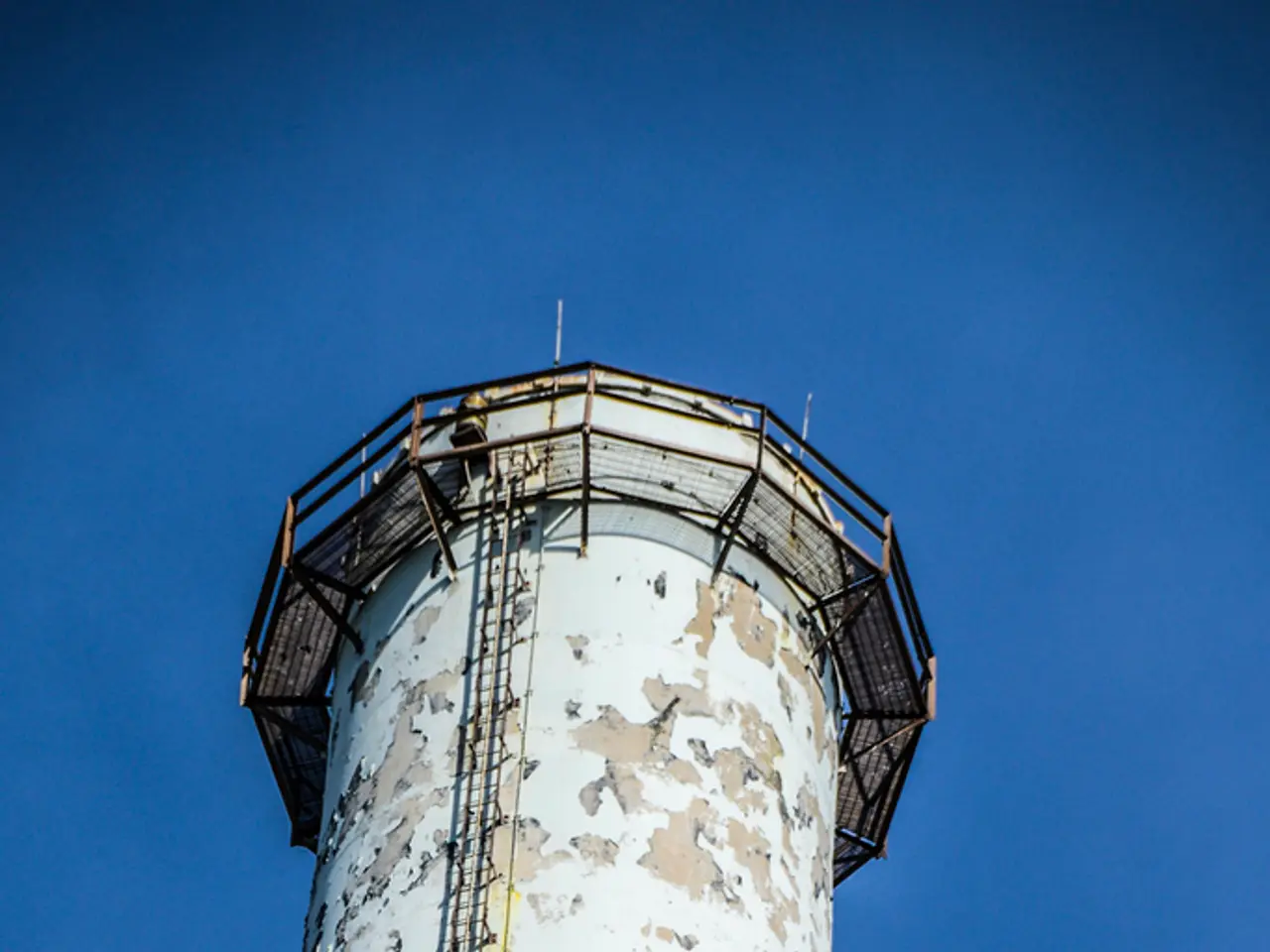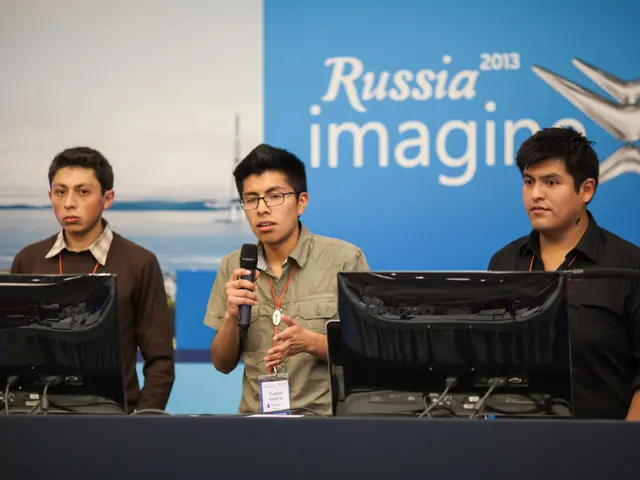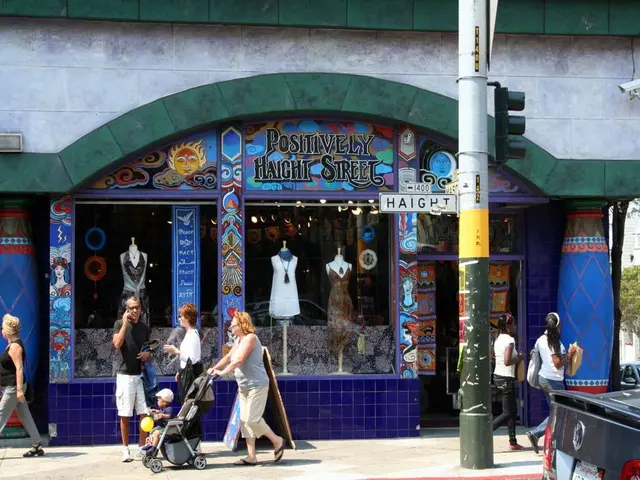Europe Braces for Supply Chain Disruptions as Red Sea Conflicts Escalate
European companies are stockpiling goods and suspending shipments through the Red Sea due to escalating conflicts and attacks, raising concerns about potential supply chain disruptions and increased prices for consumers.
The Red Sea crisis has led to a 300% increase in maritime transportation costs. Maersk, one of the world's largest shipping companies, has indefinitely halted vessel transits through the region due to security risks. Over 20 ships have been attacked by Houthi rebels this year alone, with several international companies suspending their operations.
Europe, a major buyer of Chinese products for electric vehicle production, is particularly vulnerable. The eMobility sector relies heavily on Chinese supplies, with each vehicle requiring around 300,000 parts. Any disruption in the supply chain could lead to production halts, reminiscent of the Covid-19 pandemic's 'supplier bottleneck' in 2020.
The Red Sea conflict threatens to exacerbate the global economic impact, with potential energy crises and increased final prices looming. European companies are taking precautions by stockpiling goods, but the long-term effects on the global economy and consumers remain uncertain.
Read also:
- AstraZeneca Shares Surge on Positive Trial Results and Potential U.S. Expansion
- Trump seeks resolution for TikTok's future during phone conversation with Xi
- xAI's Grok encounters another pause as users prompt it to provide opinions on the ongoing Gaza situation
- US President Trump and UK Labor leader Starmer seal accord on AI and nuclear technology between US and UK








